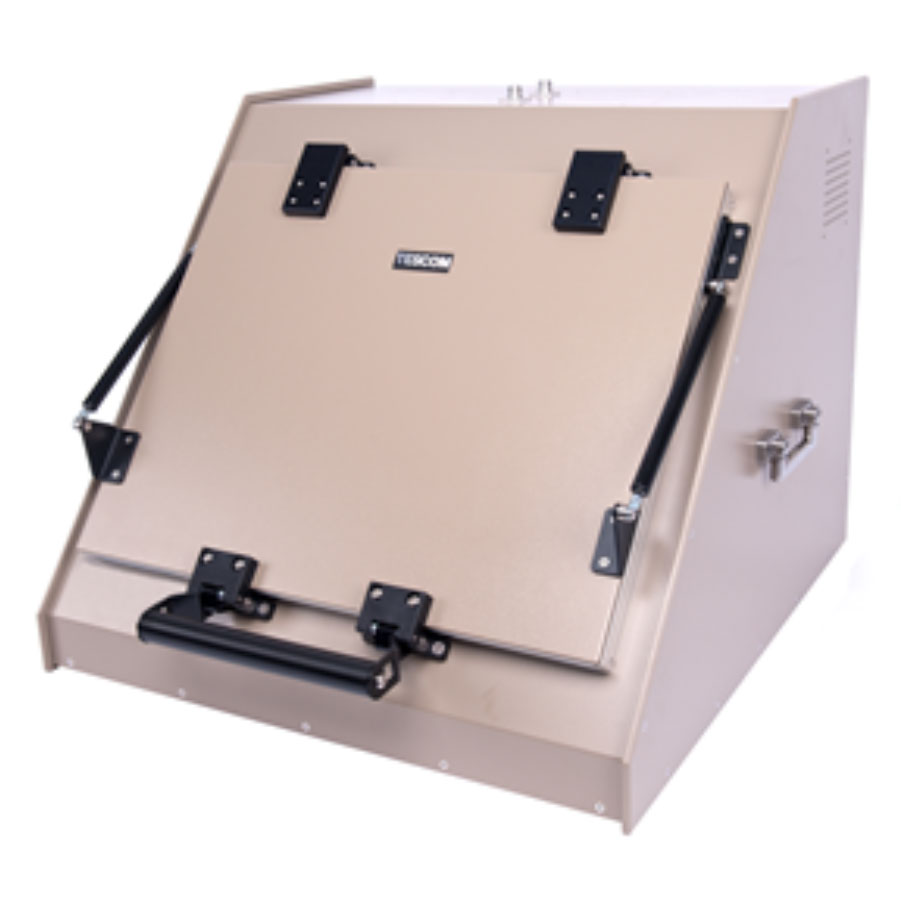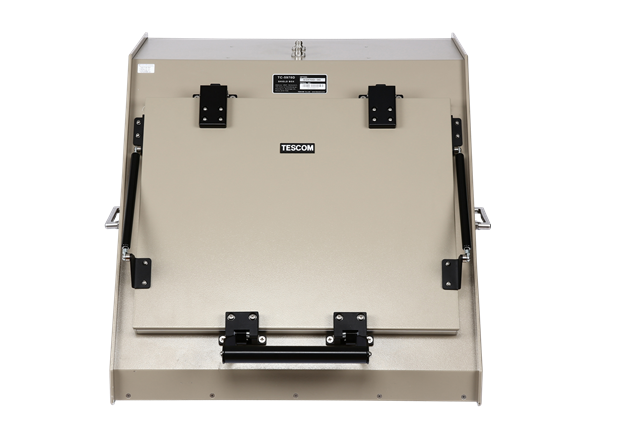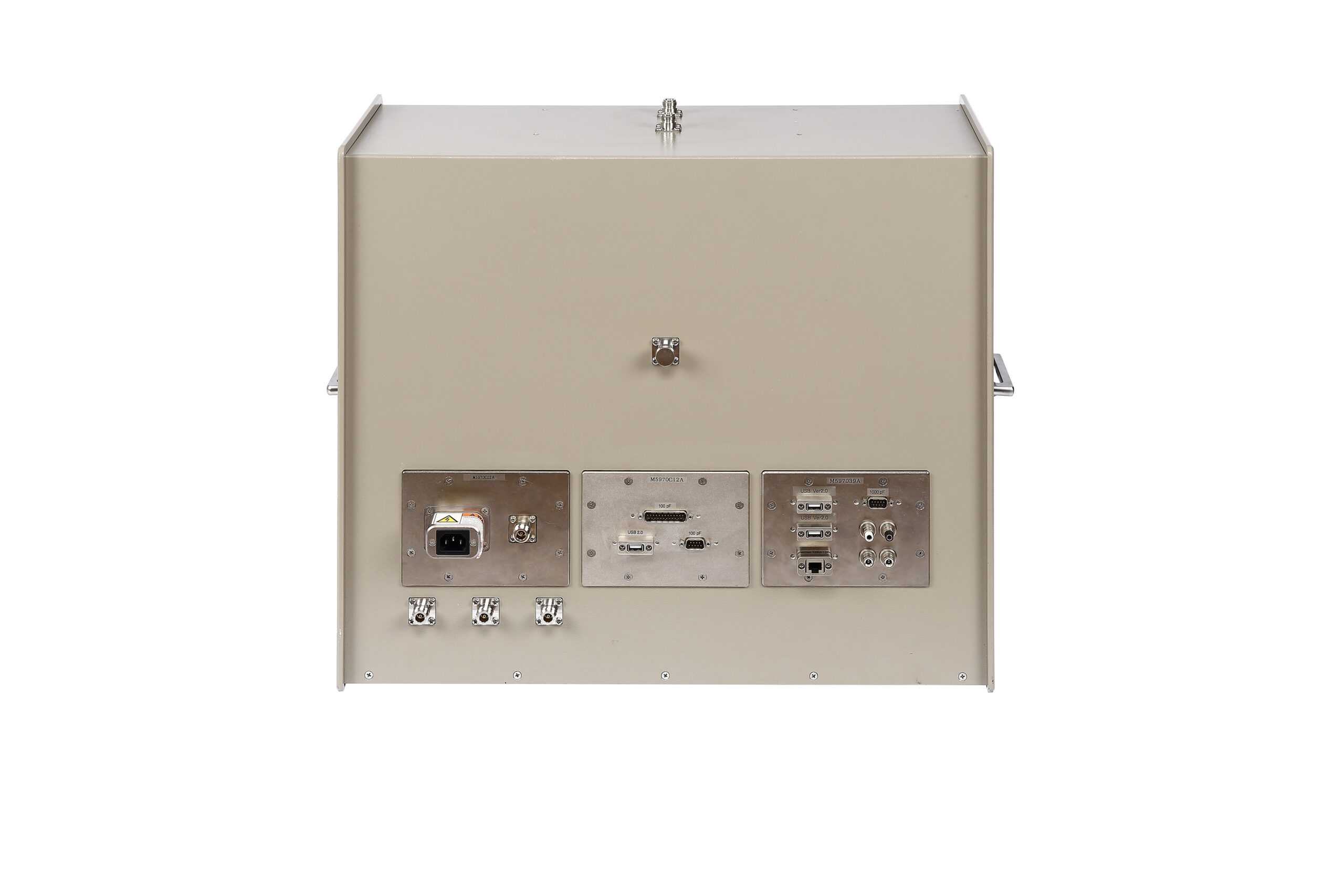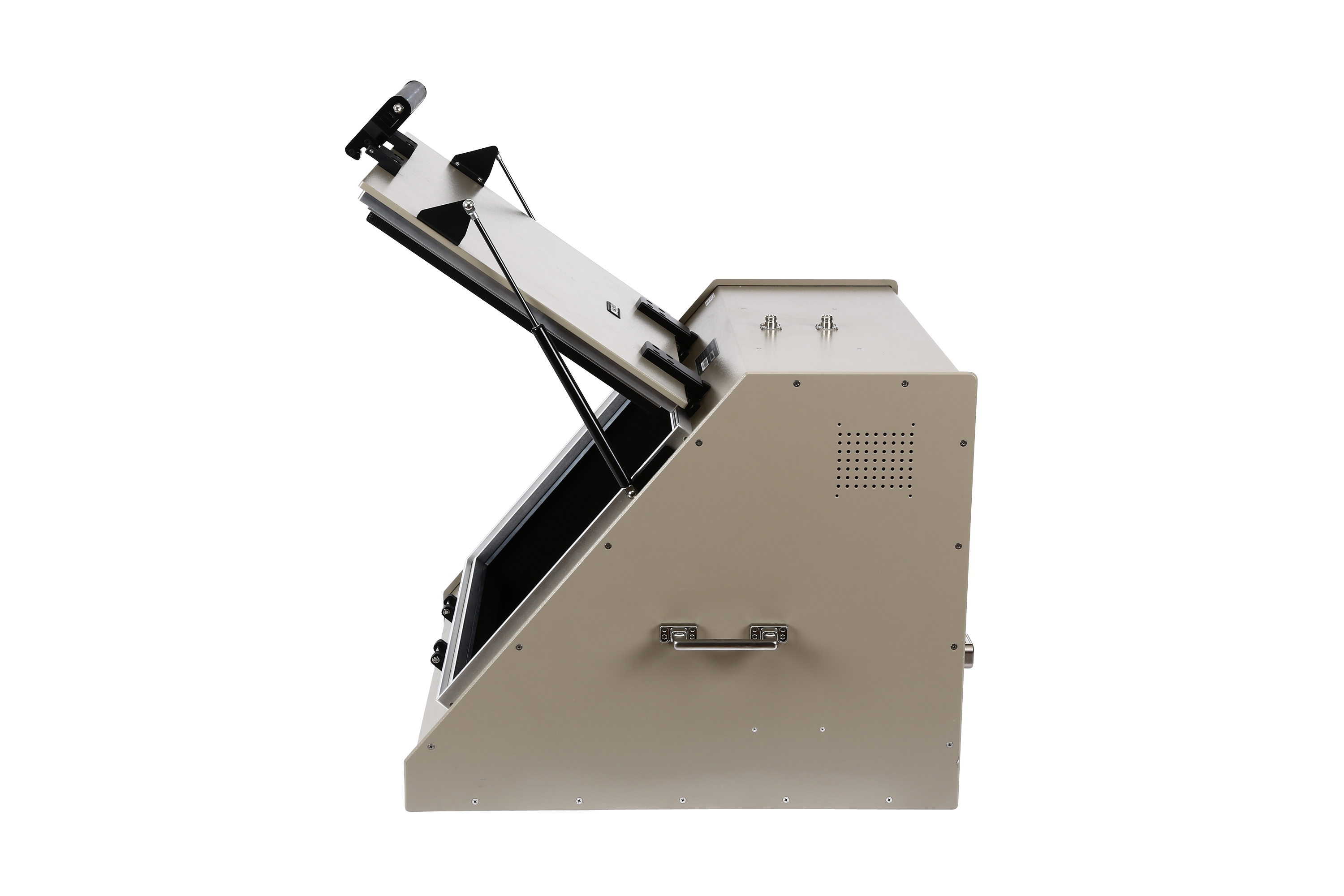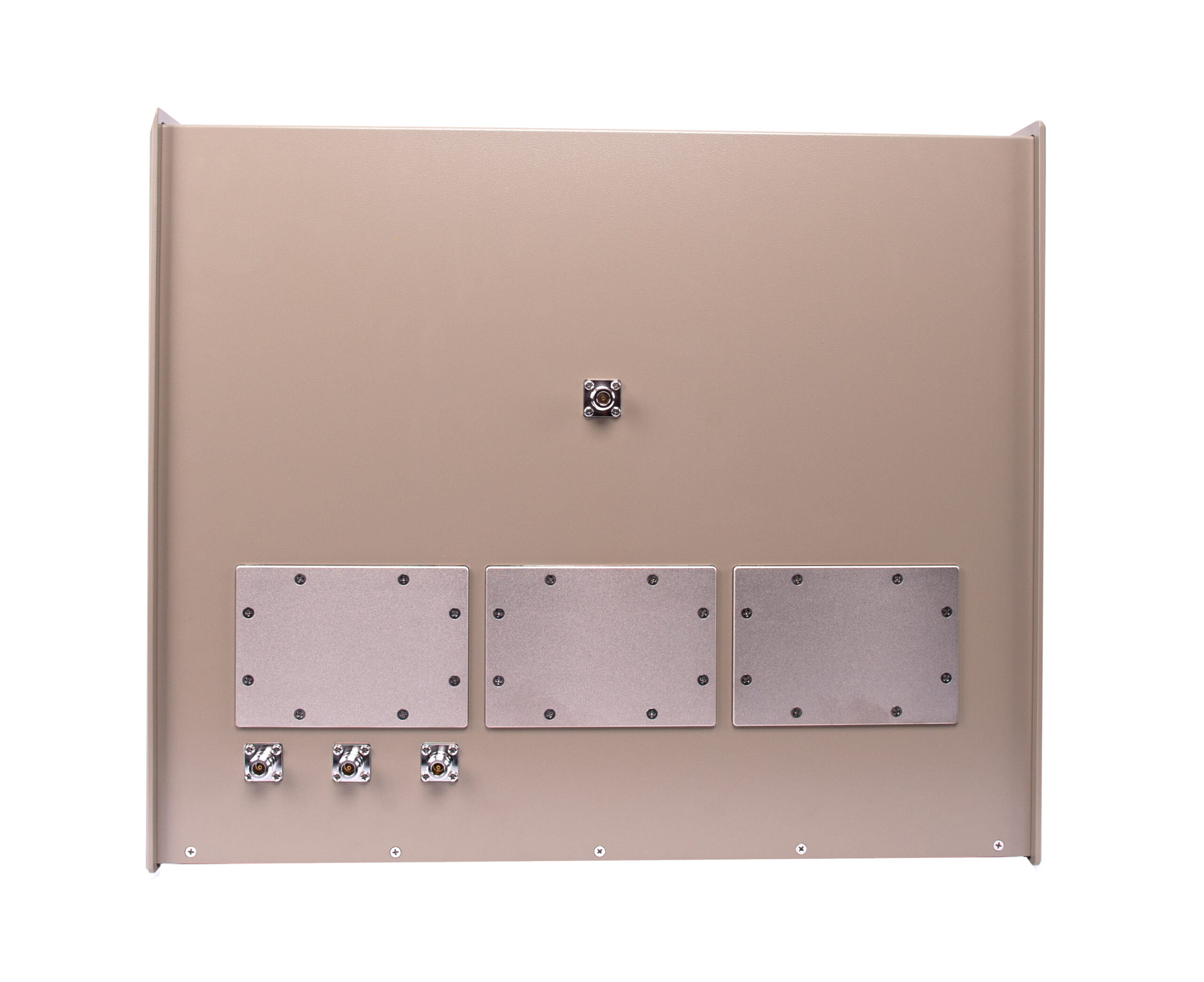Description
TC5970D RF Shield Box Key Benefits
- High RF shielding
- Ergonomic Easy Opening/Closing of Door
- Minimum 5 Standard RF Ports(N-Type Outside, SMA Inside) Built-in
- EMI filters on all Data and DC lines
- Install up to Three Optional I/O Plates
- Easily Field Replaceable Rear I/O modules
- Multi-layer absorber for radiated testing
The TC5970 RF Shield Box provides both high RF isolation and room for testing medium to large size wireless device testing. TC5970 RF Shield Box is an ideal test platform for Engineering, Manufacturing, or service due to it’s ergonomic design. This RF Shield Box is built with durability and longevity for your testing now and for the future as your testing requirements change as your products change. This is the last RF Shield Box you will need with all the various options for I/O plates and internal fixtures to accommodate your DUT(Device Under Test). With our proprietary multilayer RF absorber, you will get consistent repeatable test results you can be confident of.
If you need the benefits of the Manually Operated TC-5970D RF Shield Box but with pneumatic remote control of the shield box, you may want to consider the pneumatic TC-5972DP RF Shield Box.
SPECIFICATIONS SUBJECT TO CHANGE WITHOUT PRIOR NOTICE







